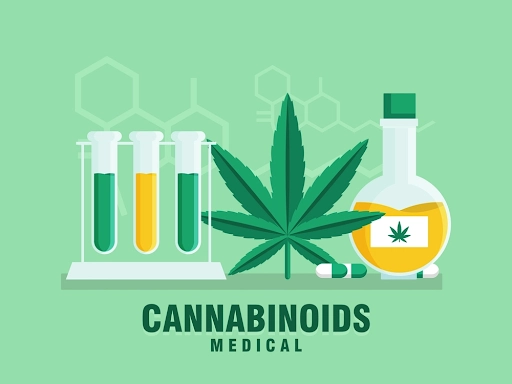
What Is Neuropathy and How Can Cannabis Help?
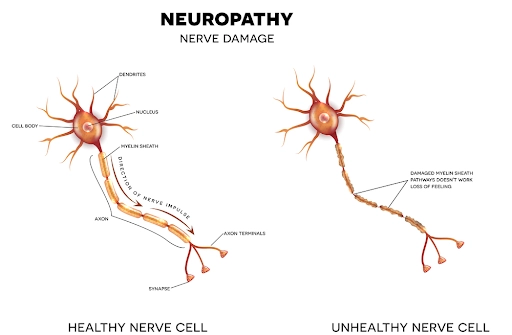
What Causes Neuropathy?
The cause of neuropathy is damage from peripheral nerves resulting in a distortion of signal responses sent via the brain and spinal cord. This damage can result from injury or disease, including diabetes and autoimmune disorders. There may be no known cause of neuropathy in some cases, but it can still cause extreme discomfort and pain. One of the best ways to determine if you have neuropathy is to get a nerve conduction study.
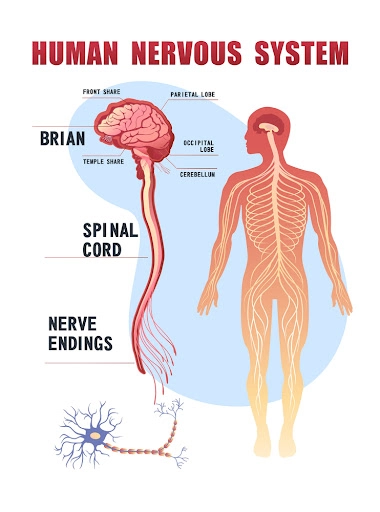
Is carpal tunnel syndrome (CTS) considered neuropathy?
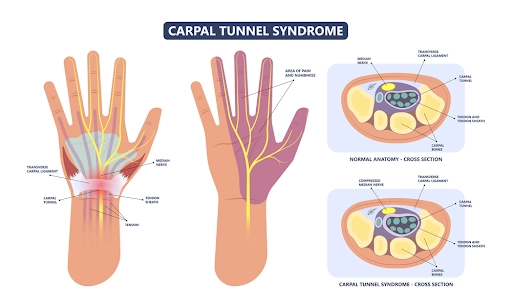
Yes, carpal tunnel syndrome (CTS) is a form of peripheral neuropathy compressing the median nerve in the upper extremity. Some symptoms are:
- Numbing
- Tingling
- Hand and arm weakness
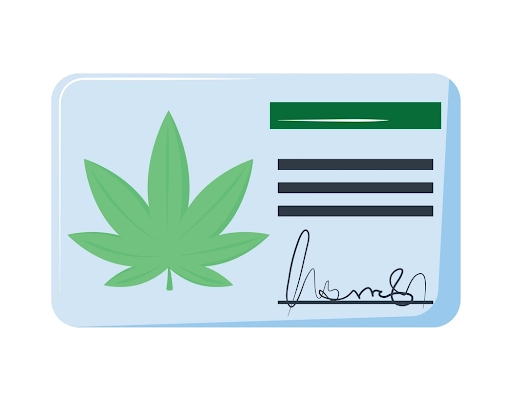
Neuropathy is an approved medical condition for a medical marijuana card
If you are exploring treatment options for neuropathy, consider obtaining your medical card. With a medical card, you can grow and possess cannabis legally in Michigan when you are 18+ with a medical card.
How Does Marijuana Help?
Research has shown that cannabis-based therapies can be an effective way to treat neuropathic pain.
The active ingredients in marijuana are cannabinoids which interact with receptors throughout our bodies to reduce inflammation and modulate pain signals. In addition, marijuana has been studied for its potential to reduce anxiety levels related to neuropathic pain and improve sleep quality in those who suffer from chronic nerve pain.
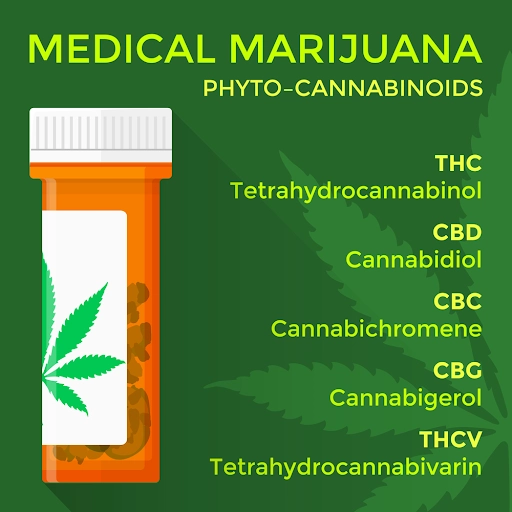
Common treatments for neuropathy
- Physical therapy
- Surgery,
- Injections for increased nerve pressure.
- Medication

Prescription Medications for neuropathy
- Gabapentin
- Gralise
- Neurontin
- Horizant (pro drug)
- Pregabalin (Lyrica)
- Capsaicin cream
- Tramadol
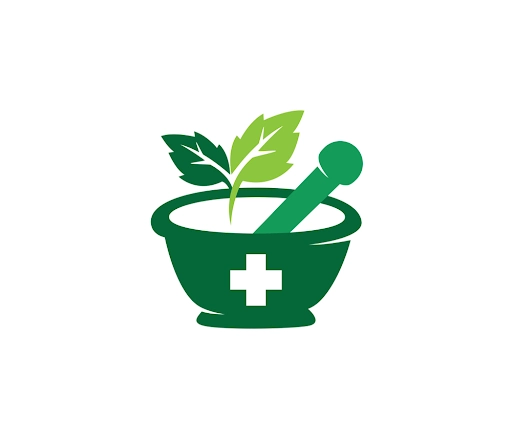
Alternative neuropathy treatments
1. Medicinal herb supplements used to treat neuropathy
- Acorus calamus
- Artemisia dracunculus
- Butea monosperma
- Citrullus colocynthis
- Curcuma longa
- Crocus sativus
- Elaeagnus angustifolia
- Ginkgo biloba,
- Mitragyna speciosa
- Momordica charantia
- Nigella sativa
- Ocimum sanctum
2. Acupuncture
3. Benfotiamine (vitamin B supplements)
4. Alpha-lipoic acid (antioxidant) supplement
5. Medical marijuana (MMJ)
Cannabis Therapy Options
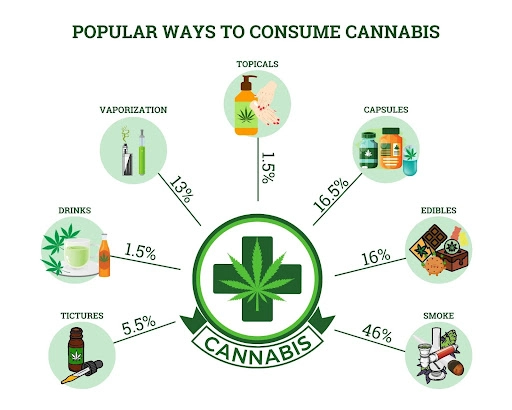
There are several different forms of cannabis therapy available for those who suffer from neuropathy. These include smoking or vaporizing dried cannabis flowers; consuming edibles; taking cannabis oils; and using topical creams or ointments infused with cannabis extractions such as CBD or THC. Each option provides different benefits depending on the individual’s needs and preferences.
Marijuana For Neuropathy
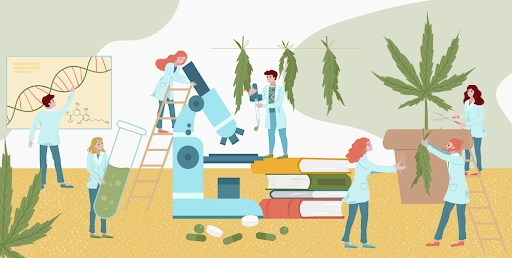
Marijuana effectively treats neuropathic pain due to its anti-inflammatory properties and ability to modulate pain signals in the body. There are several different forms of cannabis therapy available today, depending on an individual’s needs and preferences. It would be best to consult a doctor to determine which option might be right for you. Make sure to discuss various ways to medicate with marijuana, the best strains to consider, and what type of delivery system to ingest the drug.
Marijuana Research
According to one study, using medical marijuana (MMJ) is considered safe as part of your treatment plan for neuropathy. Ongoing research into cannabis therapeutics is being conducted globally. Soon there may be even more discoveries on how marijuana can help those suffering from neuropathy find relief from their symptoms. A certified marijuana doctor would be your best bet to get a rundown of all the particulars, such as laws, treatment, consumption methods, strain type, and being a caregiver to grow cannabis safely and securely in an enclosed facility.
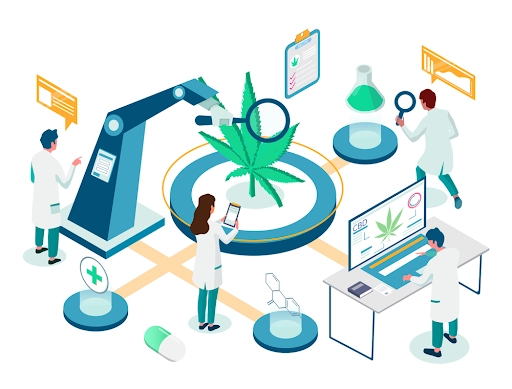
Article Reviewed by
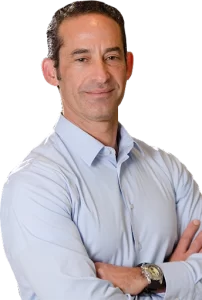
Richard Koffler, MD
NPI Number 1467557264
- Dr. Koffler is a Physiatrist, specializing in Physical Medicine & Rehabilitation.
- Graduated from the Sackler School of Medicine at Tel Aviv University in 1993 Dr. Koffler completed a one-year internship in internal medicine at Roosevelt Hospital in New York City.
- Residency in Physical Medicine and Rehabilitation at the Rusk Institute at NYU Medical Center in New York City. Board certified in 1998.
- Trained in acupuncture at Helms Medical Institute at UCLA His medical practice incorporates proven conventional western medicine integrating eastern alternative practices.
- Medical Director of several medical clinics in NYC, Stamford CT, and Miami Beach, FL.

